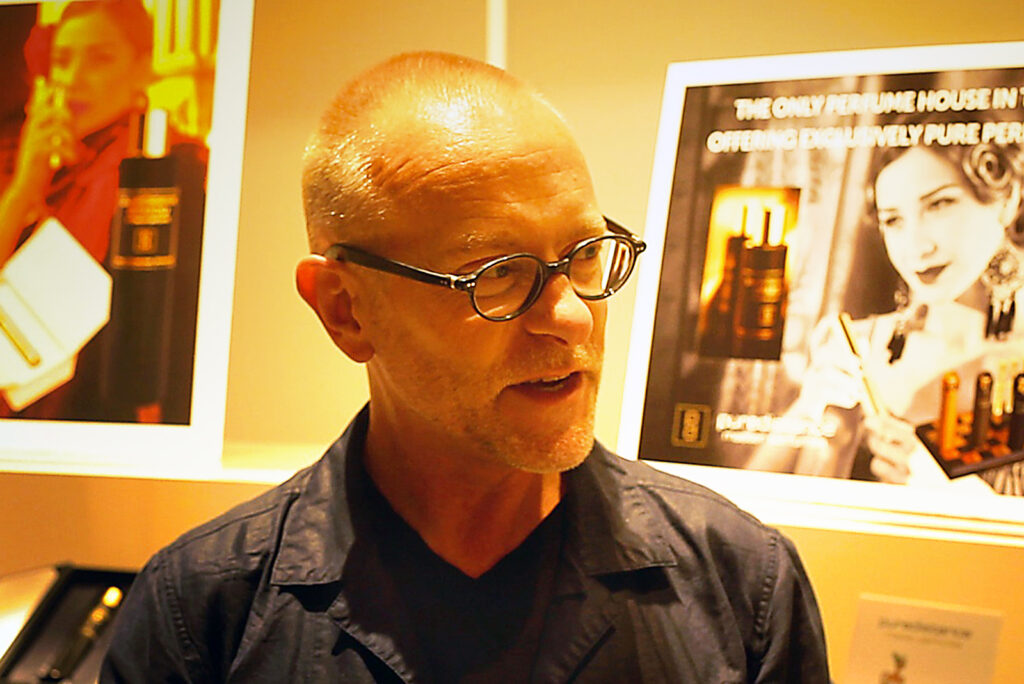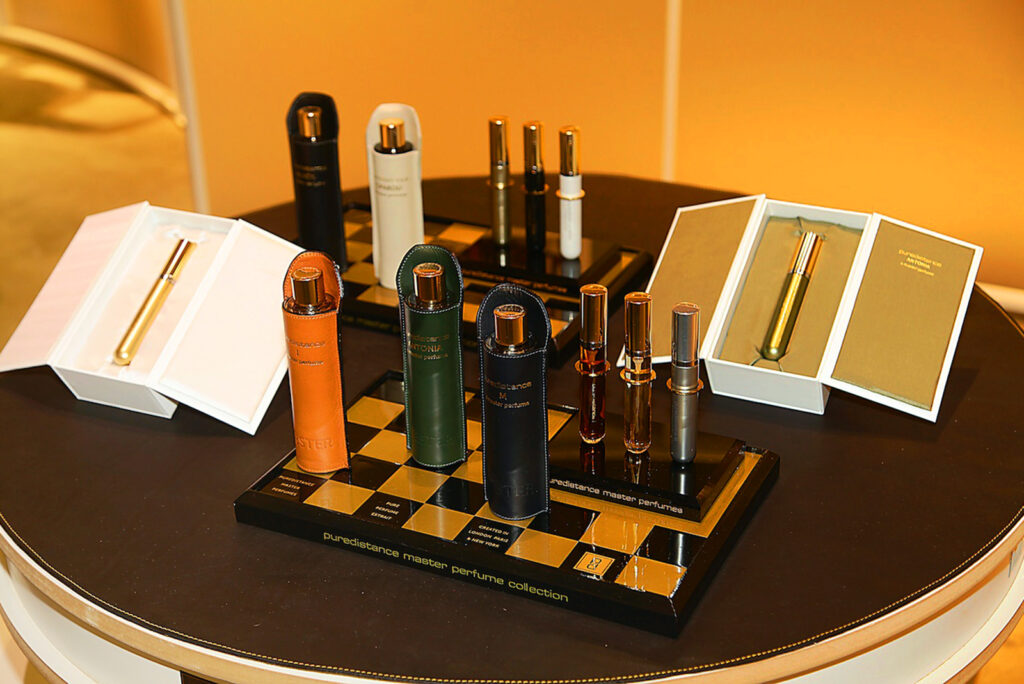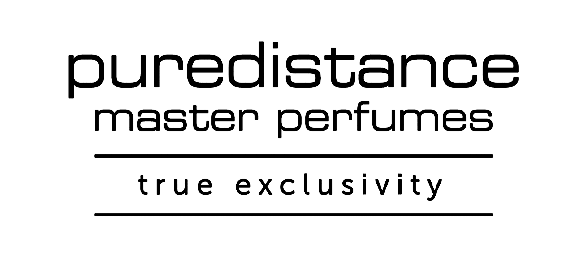An interview with with award-winning, multi-faceted musician and composer, Paul Schütze.
What inspires you the most?
I am very much drawn to things which are at the edge of perception. Things which you can only just see, and even then there’s an ambiguity. I really love things that are in flux, dissolving and reforming. They play with your perception… they make you ask questions about how or why you see or hear. I’m fascinated by that point of dissolution. It happens a lot at night, when all your senses are having to work very hard to define something. Often the thing that you perceive is not really there. I’m very interested in perception – in how it works and why it works.
How did you come to know Puredistance?
Well, I’m an avid fan of perfume and I collect in a humble way. Now how did I first encounter it? I honestly can’t remember… I think the first one I came across was M, which by coincidence we’ve just noticed I’m wearing today! I completely fell in love with it, and when I was introduced to the others, I was struck by how emphatic, and focused, and completely un-compromised they were in terms of strength and quality. Even in the independent world its quite difficult to make things which are that emphatic. I wrote to Jan Ewoud because I wanted to write about Puredistance on my Dressing the Air website and then not long after that we actually met when he visited London, which was great.

What does the word Puredistance mean to you? Through the realm of music and composition? This is actually quite interesting. I was quite taken with the name Puredistance for a perfume company. It’s a very unusual name. Names of perfume companies rarely evoke space; they’re not usually about landscape. Puredistance to me indicates a horizon and a clear line between you and that horizon. Interestingly (and this a big coincidence) my template if I’m designing sound is that at some point in the composition that you should always be able to see through the detail to the horizon. So you should always know, even if it’s only for a moment, where the horizon is. If you get a glimpse of the horizon, it gives you an enormous sense of depth, whereas if you are always seeing something directly in front of you, chances are there’s nothing behind it. When I teach, this is one of the things I say to my students: that if you use a visual landscape as the model for your sound landscape then you will have a very complex and detailed sound landscape, and one of the key things you should always do is give a glimpse at some point of the horizon line, so that it actually forces this idea of depth and perspective. So Puredistance is a very lovely phrase that evokes perfectly that ideal. I think to push that into an olfactory metaphor might be difficult but it does sum that idea up really quite well.
Do you see any striking similarities in the morals or inspiration between you and Puredistance?
I think the connection would be that Jan Ewoud is very uncompromising and extremely clear about what he wants. That I completely relate to. You can tell that the project is driven by passion. If he started not to enjoy it, and not to feel proud of it I think he would just stop… a very unusual approach to a commercial venture, but its a very good one. I think its evident in the brand that its not just a money-making exercise; there’s a lot more to it.
As an accomplished musician and composer, and now entering the world of perfume, doing what you love – connecting the arts – do you have any advice for Jan Ewoud and Puredistance?
I would just say (though I don’t think he needs my advice) just keep trusting your instincts. He obviously is very instinctive, and that’s worked. He will know when the next thing is right. As any good creative director of a perfume company, even if you can’t describe it, you just know. The last time I talked with him, he was talking about the group of perfumes as being a family, and the existing ones as being very much the parents. Potentially at some point in the future, there could be a delinquent child or some sort of crazy aunt… but at the moment there is a formal foundation on to which something more complex can be built. And there’s no hurry, that’s the other thing. It’s ready when it’s ready, and any other demand on time should be ignored. But he really doesn’t need my advice.

Interview by Mary Gooding

To provide the best experience, we use cookies to store and/or access device information. Accepting this will allow us to process data such as browsing behaviour or unique IDs on this site. Denying consent may adversely affect certain features and functions.